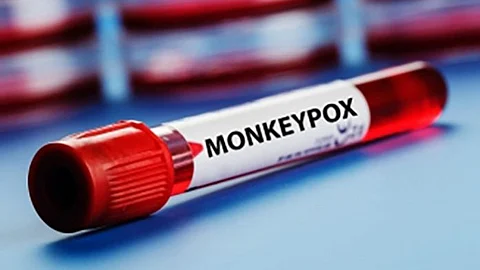
- NEWS
- the EDIT
- COMMENTARY
- BUSINESS
- LIFE
- SHOW
- ACTION
- GLOBAL GOALS
- SNAPS
- DYARYO TIRADA
- MORE

The World Health Organization (WHO) on Tuesday launched a global strategic preparedness and response plan to stop outbreaks of human-to-human transmission of mpox.
On 14 August, WHO declared mpox a public health emergency of international concern.
According to WHO, the plan covers the six-month period of September 2024-February 2025, envisioning a US$135 million funding need for the response by WHO, Member States, partners including Africa Centres for Disease Control and Prevention, communities, and researchers, among others.
The plan focuses on implementing comprehensive surveillance, prevention, readiness, and response strategies; advancing research and equitable access to medical countermeasures like diagnostic tests and vaccines; minimizing animal-to-human transmission; and empowering communities to actively participate in outbreak prevention and control.
Strategic vaccination efforts will focus on individuals at the highest risk, including close contacts of recent cases and healthcare workers, to interrupt transmission chains.
“The mpox outbreaks in the Democratic Republic of the Congo and neighboring countries can be controlled and can be stopped,” WHO Director-General Dr. Tedros Adhanom Ghebreyesus said.
“Doing so requires a comprehensive and coordinated plan of action between international agencies and national and local partners, civil society, researchers and manufacturers, and our Member States," Ghebreyesus added.
On Monday, the Philippines has reported two new cases of mpox, bringing the total number of active cases in the country to three.
Since the beginning of 2024, over a dozen African countries have reported outbreaks of the disease, with the Democratic Republic of Congo accounting for more than 90 percent of reported cases.
The variant prevalent in Africa is believed to be both more contagious and more deadly than the Clade II variant, which was responsible for the global outbreak that began in 2022.
